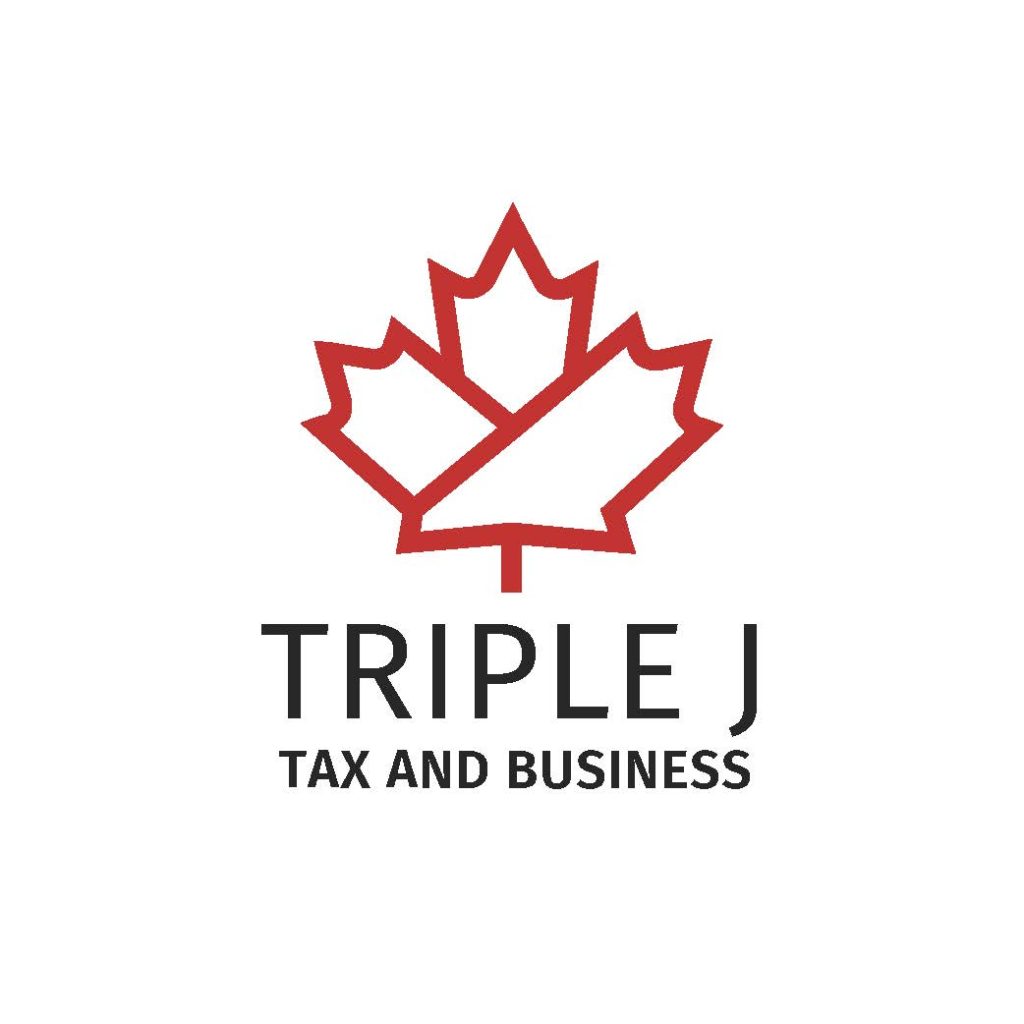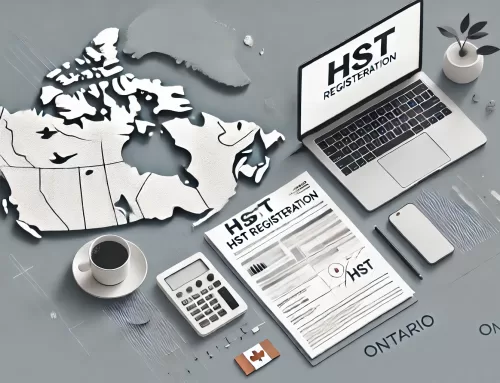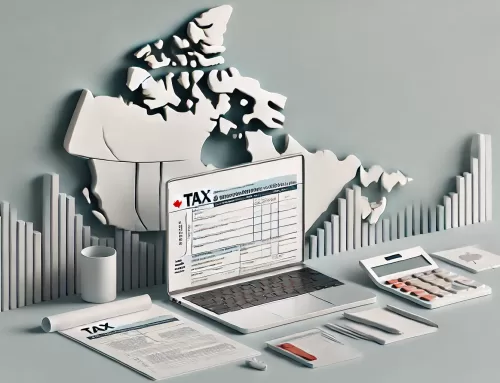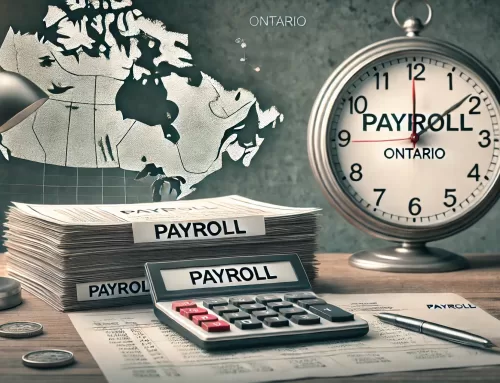Navigating taxes is a critical responsibility for any business owner in Ontario. While running a business involves many challenges, one of the most daunting tasks is staying compliant with the Canada Revenue Agency (CRA). Mistakes can lead to hefty penalties, audits, and even legal trouble. Fortunately, with a proactive approach, you can avoid these pitfalls. This guide offers actionable tips tailored to Ontario business owners, from small enterprises to established corporations.
Understanding CRA Penalties
What Are CRA Penalties?
CRA penalties are financial consequences imposed for failing to meet tax obligations. These penalties range from minor fines for late filings to severe penalties for negligence or fraud. Understanding the common types can help you avoid them.
Types of CRA Penalties
1.Late Filing Penalties
The CRA imposes penalties on businesses that miss tax deadlines. The fine starts at 5% of the balance owing, plus 1% for each additional month the return is late.
2.Incorrect or Incomplete Filings
Errors in tax returns, whether accidental or intentional, can result in penalties. For example, underreporting income leads to fines of up to 50% of the understated amount.
3.Failure to Remit Payroll Taxes
Employers must remit payroll deductions for CPP, EI, and income tax. Failure to do so attracts penalties, interest, and possible legal action.
4.GST/HST Non-Compliance
Businesses failing to collect, report, or remit GST/HST correctly face fines, interest, and potential audits.
5.Negligence or Fraud
Intentional misrepresentation or tax evasion carries the harshest penalties, including criminal charges and fines up to 200% of the amount evaded.
Common Pitfalls for Ontario Business Owners
Why Businesses in Ontario Often Face CRA Penalties
Ontario’s vibrant economy attracts diverse businesses, from small enterprises to multinational corporations. However, this diversity comes with unique challenges, including complex tax rules, tight filing deadlines, and frequent regulatory updates. Business owners often fall into these common traps:
•Poor Record-Keeping: Missing or incomplete records lead to inaccuracies during filing.
•Underestimating Payroll Obligations: Employers sometimes miscalculate payroll deductions, triggering CRA penalties.
•Failure to Register for HST/GST: Many new business owners don’t realize they must register for HST/GST once they exceed the $30,000 revenue threshold.
Top Tips to Avoid CRA Penalties
1. Keep Accurate Records
Record-keeping is the cornerstone of CRA compliance. Maintain detailed logs of income, expenses, invoices, and receipts. Use cloud-based accounting tools like QuickBooks or Xero to simplify this process and ensure your data is organized and accessible.
Pro Tip: Designate a specific time each week to review and update your records. Consistency prevents last-minute scrambles during tax season.
2. Know Your Deadlines
The CRA enforces strict deadlines for various filings, including income tax, payroll remittances, and HST/GST returns. Missing these deadlines results in automatic penalties.
Key Deadlines for Ontario Business Owners:
•Corporate Tax Returns: Six months after your fiscal year-end.
•HST/GST Filing: Annually, quarterly, or monthly, depending on your revenue.
•Payroll Deductions: Typically due by the 15th of the following month.
3. Invest in Professional Help
Hiring a professional accountant or tax consultant is one of the best ways to stay compliant. They can:
•Identify deductions and credits you might miss.
•Help you navigate CRA updates and regulations.
•Provide audit support if needed.
Why Go Local? Accountants familiar with Ontario tax rules and the CRA’s regional nuances can offer more relevant advice than general consultants.
4. Regularly Review CRA Updates
Tax laws in Canada are dynamic, with frequent updates and adjustments. Subscribe to the CRA’s newsletters or consult your accountant to stay informed. Being proactive prevents surprises and ensures you’re always filing under the correct regulations.
Tailored Strategies for Different Business Types
For Small Business Owners
Small businesses often struggle with resource constraints, making compliance feel overwhelming. Focus on:
•Automating Payroll and Bookkeeping: Saves time and minimizes errors.
•Separating Personal and Business Expenses: Prevents costly mistakes during tax season.
For Freelancers and Self-Employed Professionals
Freelancers face unique challenges like tracking income from multiple clients and claiming deductions. To avoid penalties:
•Use invoicing software to monitor payments.
•Deduct eligible expenses like home office costs, software subscriptions, and travel.
For Corporations
Larger businesses have more complex tax obligations. Consider:
•Conducting Internal Audits: Identify errors before they escalate.
•Engaging a Payroll Service Provider: Ensures timely remittance of employee deductions.
For New Immigrant Business Owners
Newcomers to Canada may be unfamiliar with CRA rules. Key strategies include:
•Learning about residency status and its tax implications.
•Consulting with an accountant experienced in newcomer taxation.
What to Do If You Receive a CRA Notice
Step 1: Don’t Panic
A CRA notice doesn’t always mean you’re in trouble. It could be a simple request for additional documentation.
Step 2: Respond Promptly
Ignoring the notice can escalate the issue. Contact the CRA directly or consult a tax professional to guide your response.
Step 3: Gather Documentation
Compile the requested documents, such as receipts, tax returns, or payroll records, to support your case.
Long-Term Solutions for CRA Compliance
Build a Tax Strategy
A proactive tax strategy tailored to your business reduces the risk of penalties. Work with a professional to plan for deductions, credits, and future expenses.
Educate Your Team
For businesses with employees, train your staff on tax compliance basics. Missteps often arise from a lack of awareness.
Conclusion: It’s doesn’t to be hard.
Avoiding CRA penalties requires a proactive approach, attention to detail, and sometimes, professional help. By staying informed and organized, Ontario business owners can focus on growing their enterprises instead of worrying about tax troubles. Remember, an investment in compliance is an investment in your business’s success.
Ready to avoid CRA penalties and secure your financial future? Contact JJJ Canada today for personalized tax advice tailored to Ontario businesses!







Leave A Comment